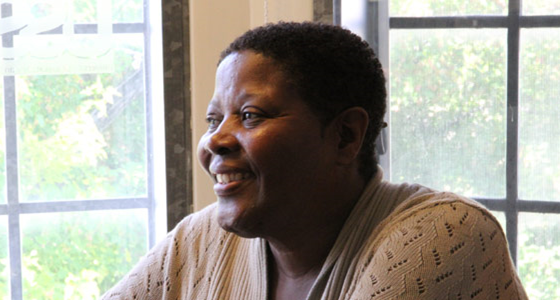
U of S-led pulse and vegetable research to improve African food security
International projects led by University of Saskatchewan researchers have been awarded $2.2 million from Canada’s International Development Research Centre (IDRC), part of an $8.3 million investment to improve food security with partners in Ethiopia, Nigeria and Benin.
Carol Henry, associate professor in the U of S College of Pharmacy and Nutrition, will receive $1.76 million towards a $3.85-million project with colleagues in Ethiopia to bring higher-yielding, more nutritious chickpea and bean varieties to more than 70,000 farming households in the southwestern region of the east African country, helping to ensure their food and nutritional security.
Previous research in collaboration with Ethiopian farmers has yielded improved chickpea and bean varieties and soil management practices to produce pulses with higher zinc and iron content. In a region where chickpea production was not considered viable, the improved legumes have out-yielded local varieties by 60 to 90 per cent. Better nutrition has resulted in higher weight gains in children. With this new funding, the team will fine-tune these innovations and extend them to more than 70,000 farming households.
Derek Peak, professor of soil science at the U of S, will receive $530,500 towards a $4.45-million project with Rotimi Aluko at the University of Manitoba and colleagues from three universities in Nigeria and Benin. Together, they will work to expand novel farming practices to 50,000 farmers and promote demand through indigenous vegetable farming and processing enterprises.
In Nigeria, more than 1,000 farmers increased their yields and doubled their incomes by using improved farming practices to grow underutilized indigenous vegetables such as fluted pumpkin and African nightshade. In Benin, fertilizer micro-dosing and rainwater harvesting techniques helped more than 10,000 farmers achieve equally beneficial results with other crops, despite degraded soils.
The research team is now combining these innovations to bring the practices to 50,000 farmers through demonstration trials, outreach efforts, support and training for seed producers and marketers. They will also help establish local committees to address issues such as productivity, marketing and processing. The efforts could improve the incomes of more than one million West African farmers.
The U of S-led projects are among several announced nationally which have been collectively awarded $17 million by IRDC. They are part of an effort to scale up the most promising research supported under IDRC’s Canadian International Food Security Research Fund (CIFSRF).
CIFSRF is a $124-million fund that works to increase food security in developing countries by funding research in agricultural innovation and nutrition, and fostering collaboration between developing-country researchers and Canadian experts.
